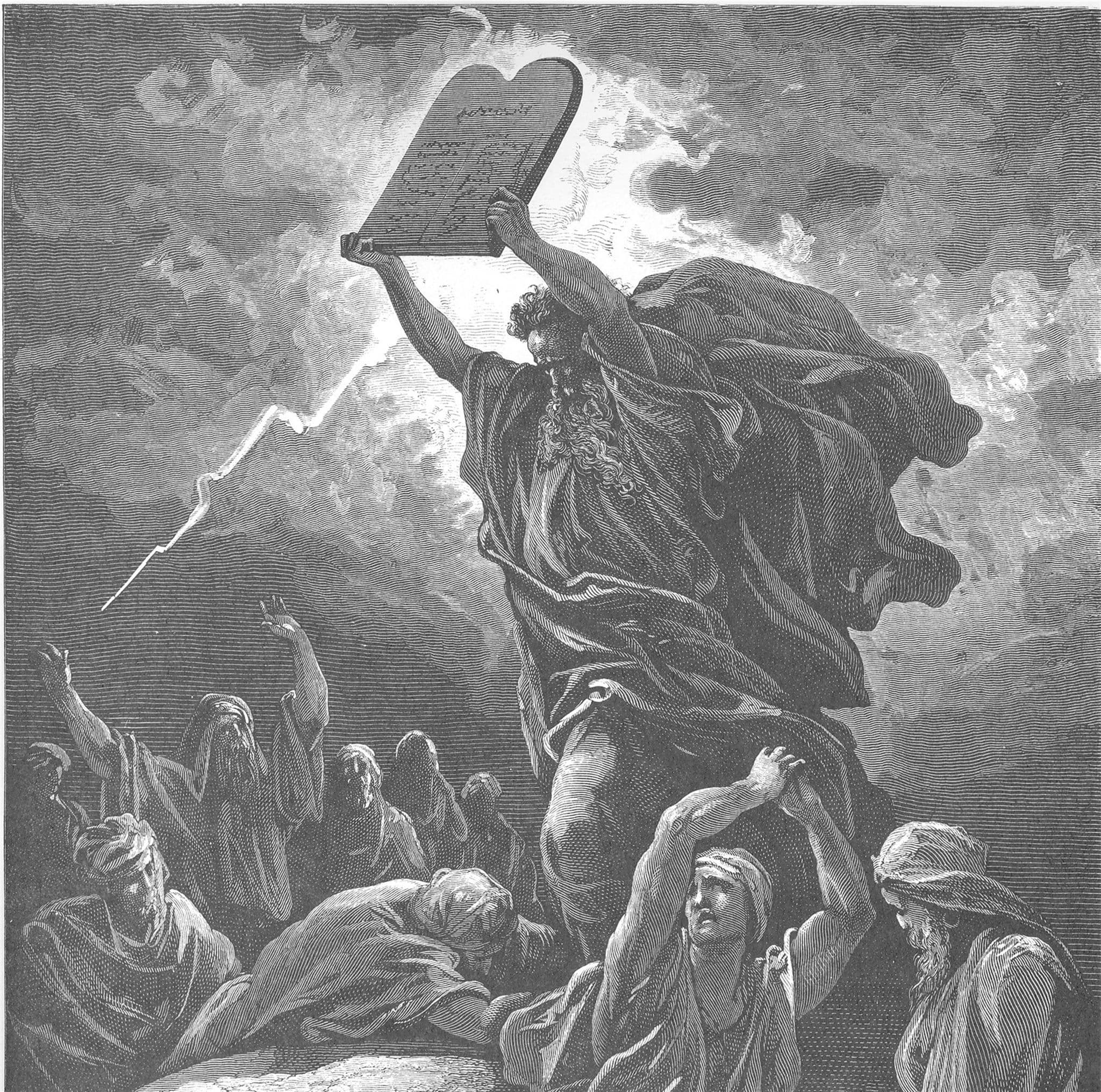Evidence #318 | March 8, 2022
Book of Mormon Evidence: Law Lists
Post contributed by
Scripture Central

Abstract
When viewed collectively, the Book of Mormon’s legal lists have impressive internal consistencies while also reflecting the Mosaic statutes found in Exodus 20–23.Consistency with Mosaic Laws
Throughout the Book of Mormon, its prophetic authors occasionally provided lists of laws upheld by their people. John and Greg Welch have charted eleven of these significant legal lists, and then compared them with the list of Mosaic laws found in Exodus 20–23:1
As explained by Welch and Welch,
The law of Moses, written on the brass plates, was rigorously followed by the Nephites, whose prophets often referred directly or indirectly to it in recitations of various lists of crimes. … Each of these law lists is unique. But when they are all merged into a single composite list, it becomes clear that they collectively proscribe the list of crimes found in Exodus 20–23 and some additional ones, such as power mongering and confining people to dungeons. Such striking parallels and clusters show the relatedness of the five books of Moses to the most frequently condemned crimes in the Book of Mormon.2
Internal Consistency
Not only do these lists collectively reflect the Mosaic legal codes found in Exodus, but they have their own internal consistencies as well. One example can be seen in a five-part list, first introduced by King Benjamin, that includes a prohibition against (1) murder, (2) plunder, (3) stealing, (4) adultery, and (5) any manner of wickedness.3 These specific terms aren’t always used and occasionally one of the items in the list is missing, but the essence of this 5-part list shows up on at least eight occasions in the text (usually presented in the same or similar sequential order):
- “nor that ye should murder, or plunder, or steal, or commit adultery; nor even have I suffered that ye should commit any manner of wickedness” (Mosiah 2:13)
- “… and bloodshed, and the stealing, and the plundering, and the committing of whoredoms, and all manner of iniquities which cannot be enumerated” (Mosiah 29:36)
- “they ought not to murder, nor to plunder, nor to steal, nor to commit adultery, nor to commit any manner of wickedness” (Alma 23:3)
- “But if he murdered he was punished unto death; and if he robbed he was also punished; and if he stole he was also punished; and if he committed adultery he was also punished; yea, for all this wickedness they were punished” (Alma 30:10)
- “all their murders, and robbings, and their plunderings, and all their wickedness and abominations” (Alma 37:21)
- “And thus they might murder, and plunder, and steal, and commit whoredoms and all manner of wickedness” (Helaman 6:23)
- “for the which ye do murder, and plunder, and steal, and bear false witness against your neighbor, and do all manner of iniquity” (Helaman 7:21)
- “to murder, and to plunder, and to lie, and to commit all manner of wickedness and whoredoms” (Ether 8:16)
The repetition of this list, with minimal variation and adaption, makes sense because King Benjamin’s teachings and laws were held in high esteem by subsequent generations of Nephites.4 As concluded by John W. Welch, “Apparently the Nephites viewed Benjamin’s set of laws as setting a formulaic precedent.”5
Conclusion
These legal lists exhibit the high regard that Nephite authors had for the rule of law, as well as how crucial divine laws were to the cultural stability and prosperity of their people. The consistency between these lists and those found in Exodus 20–23 is what one might expect from a society truly grounded in Israelite legal codes. At the same time, the internal consistencies—especially the way that Nephite legal lists repeat the formulation established by King Benjamin—demonstrate another aspect of the Book of Mormon’s subtle literary complexity and sophistication.
John W. Welch and Greg Welch, “A Comparison of Nephite Law Lists,” in Charting the Book of Mormon: Provo, UT: Foundation for Ancient Research and Mormon Studies, 1999, chart 127.
John W. Welch, “Textual Consistency,” in Reexploring the Book of Mormon: A Decade of New Research, ed. John W. Welch (Provo, UT: FARMS, 1992), 21–23.
John W. Welch and Kelly Ward, “Thieves and Robbers,” in Reexploring the Book of Mormon: A Decade of New Research, ed. John W. Welch (Salt Lake City and Provo, UT: Deseret Book and FARMS, 1992), 248–249.
- 1. John W. Welch and Greg Welch, “A Comparison of Nephite Law Lists,” in Charting the Book of Mormon (Provo, UT: Foundation for Ancient Research and Mormon Studies, 1999), chart 127.
- 2. Welch and Welch, “A Comparison of Nephite Law Lists,” chart 127.
- 3. John W. Welch, “Textual Consistency,” in Reexploring the Book of Mormon: A Decade of New Research, ed. John W. Welch (Provo, UT: FARMS, 1992), 21–23. For the significant legal difference between plunder/robbery and mere stealing/theft, see Evidence Central, “Book of Mormon Evidence: Thieves vs. Robbers,” Evidence# 0087, September 20, 2020, online at evidencecentral.org.
- 4. As explained by Benjamin’s son, Mosiah, “Therefore, if it were possible that you could have just men to be your kings, who would establish the laws of God, and judge this people according to his commandments, yea, if ye could have men for your kings who would do even as my father Benjamin did for this people—I say unto you, if this could always be the case then it would be expedient that ye should always have kings to rule over you” (Mosiah 29:13).
- 5. See Welch, “Textual Consistency,” 23.